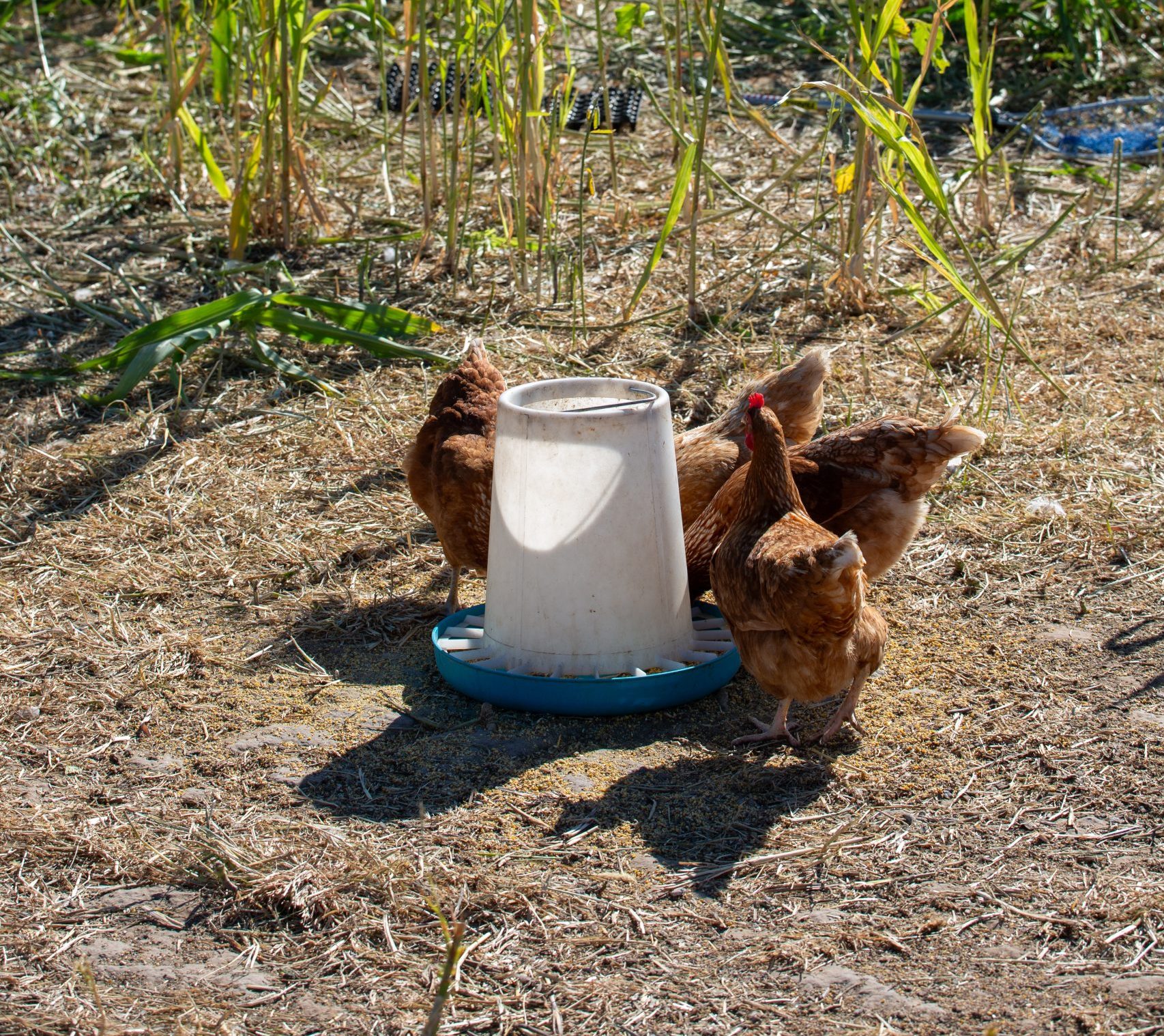USDA rule helps transparency in poultry industry, advocacy group says

Secretary of Agriculture Tom Vilsack recently announced the finalization of the U.S. Department of Agriculture’s “Transparency in Poultry Growing Contracts and Tournaments” rule, issued under the authority of the Packers and Stockyards Act.
Rural Advancement Foundation International-USA applauded Vilsack and looks forward to the finalization of USDA’s “Inclusive Competition and Market Integrity Under the Packers and Stockyards Act” rule and the proposal of additional rules addressing what RAFI calls the unfairness and market power abuse in livestock and poultry sectors.
RAFI also welcomes USDA’s announcement of a new chief competition officer position at USDA, intended to more firmly establish a focus on fair competition within the Agricultural Marketing Service as an institution.
“The finalization of this first Packers and Stockyards Act rule is a major and even historic achievement, especially in light of the interference that these efforts have faced from corporate interests and their allies in Congress. We are glad to see some of our recommended improvements included in the final rule, and if correctly enforced, we think this rule will provide contract poultry growers with badly needed transparency regarding how fairly their integrators are dealing with them,” says Aaron Johnson, senior program manager of RAFI’s Challenging Corporate Power program. “At the same time, it is critical that USDA not take its foot off the gas, as additional badly needed reforms—that have been called for by ranchers and growers for decades—remain to be proposed. USDA must finish what it has started today.”
The proposed “Transparency in Poultry Growing Contracts and Tournaments” rule will make some needed improvements to the poultry payment system by:
• Requiring poultry companies to disclose the number of flocks and minimum flock stocking density that they will contractually guarantee annually, as well as any “sale of farm” policies.
• Requiring poultry companies, when finalizing a new contract, to disclose to prospective growers the income range, broken down by quintiles, of current growers in a prospective grower’s region.
• Requiring poultry companies to disclose information about the quality of the inputs they provided—and any relevant feed discrepancies—to growers both when inputs are delivered and on settlement sheets, when growers receive their pay.
• Requiring poultry companies to provide each grower anonymized information about the quality of the inputs provided to every other grower in their “tournament group” on settlement sheets.
• Requiring poultry companies to disclose how their tournament system formulas account for input quality variability.
• Requiring poultry company CEOs to sign agreements that require the implementation of internal controls frameworks necessary to provide accurate disclosures, and compliance with USDA audits of disclosed data.
Contract poultry growers do not own the chickens they raise, nor do they choose the feed or medicine they use to raise them—these are all provided by a poultry corporation, or “integrator,” that they contract with. When these growers return flocks of fully grown chickens to their integrator for processing, the corporation does a detailed analysis of the feed conversion performance of each grower in that week’s “tournament group.” It then averages these statistics, docks the pay of the growers whose flocks were found to be below average, and transfers that money to growers of above-average flocks as bonuses.
Poultry corporations cast this system as encouraging healthy competition, but in reality, the outcome of this competition is never in the control of growers, the RAFI alleges.
The most decisive variables that lead to a flock performing above or below average, like the health and quality of chicks, feed, and medicine or the timing of when flocks are picked up for processing, are all controlled by the integrator. Furthermore, the fact that these production factors are inherently variable results in fluctuating extra costs within the overall enterprise of growing poultry. The RAFI alleges that instead of sharing these inherent costs equitably, integrators pit their growers against each other and extract these costs from whomever happens to fall below the arbitrary tournament average. Instead of a legitimate competition, the tournament system functions as a way for poultry companies to transfer the risk and cost of any problems with the chicks, feed, or medicine they provide onto the growers they contract with.
RAFI-USA has advocated for decades for USDA to rule that any tournament system or formula payment arrangement that bases grower compensation on factors outside their control to be an unfair practice. While this rule stops short of that standard, if finalized, it takes many important steps toward giving contract poultry growers the information they need to better advocate for themselves, while significantly increasing transparency in the industry.



